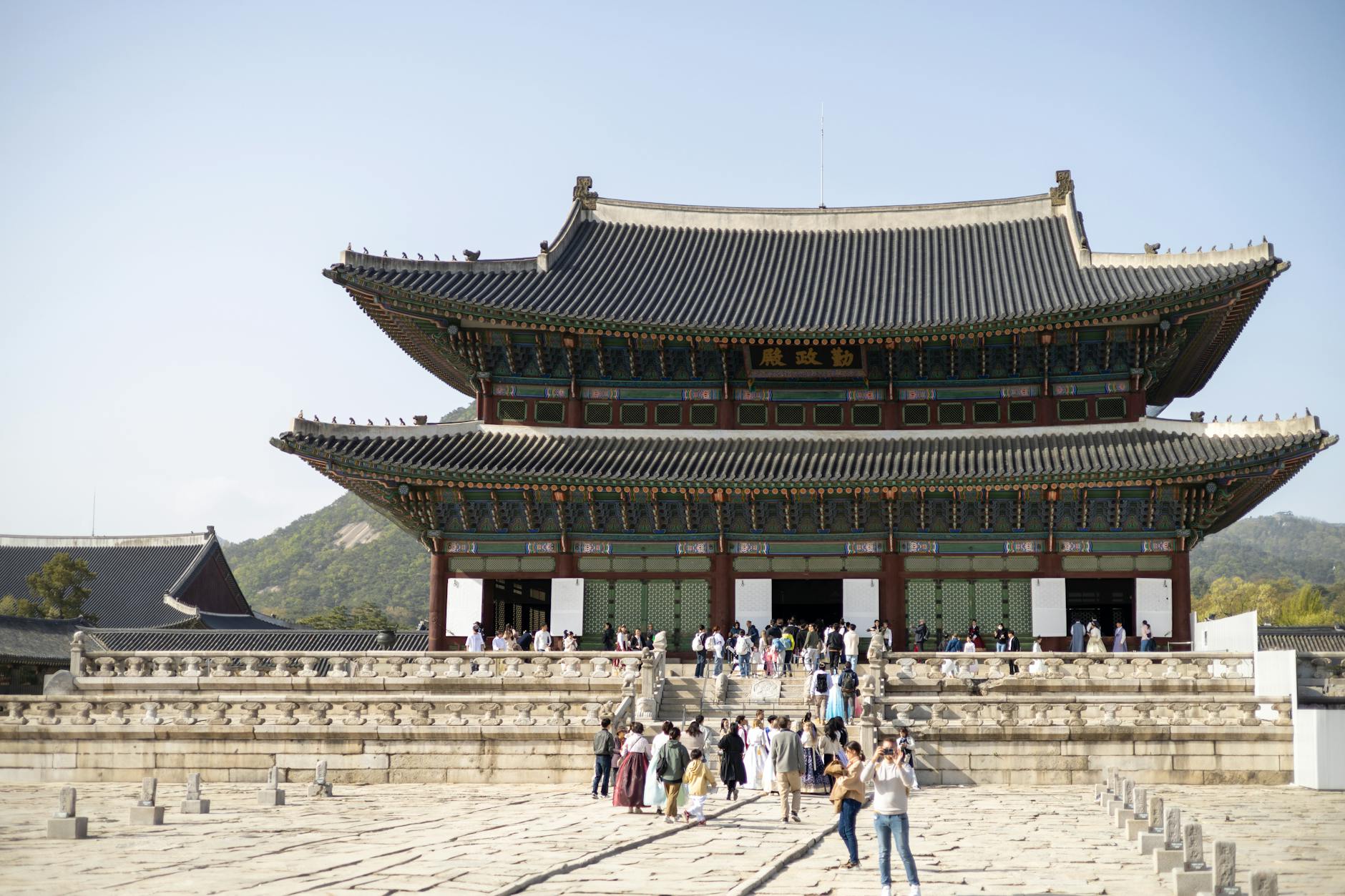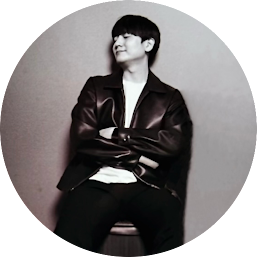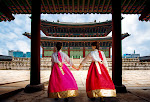
Venture beyond the beaten path and discover the authentic essence of South Korea, where ancient traditions meet modern innovations.
Exploring South Korea's Hidden Gems: A Traveler's Guide
Introduction

South Korea is a land of vibrant contrasts. From the bustling streets of Seoul to the serene landscapes of Jeju Island, Korea seamlessly blends tradition and modernity. With its cultural heritage, breathtaking natural beauty, and cutting-edge technology, South Korea has become a hub of fascination for travelers worldwide. Let’s explore its history, highlights, and must-see experiences.
Background & Cultural Context

Korea’s roots go back to the Goguryeo, Baekje, and Silla kingdoms, which unified under the Joseon Dynasty in 1392. Influenced by Confucianism, Buddhism, and Shamanism, Korea developed a distinctive identity. Despite colonization and the Korean War, resilience and pride have defined the nation. Today, South Korea is one of the Four Asian Tigers, balancing historic palaces with skyscrapers and global K-pop culture.
Key Highlights
Korean Cuisine
Korean food is all about balance, freshness, and community. From the spicy kick of kimchi to hearty bibimbap, meals emphasize sharing. Street food like tteokbokki, hotteok, and bungeo-ppang offer a taste of daily life, while makgeolli (rice wine) brings tradition to the table.
K-Pop and K-Drama
K-pop has captivated global audiences with groups like BTS, Blackpink, and EXO. Its catchy hooks and choreography break language barriers. Meanwhile, K-dramas such as Crash Landing on You and Vagabond showcase Korean storytelling, romance, and cultural themes.
Traditional Festivals
Festivals reflect Korea’s spirit. Seollal (Lunar New Year) honors family and ancestors, the Lotus Lantern Festival lights up spring with glowing lanterns, and the Boryeong Mud Festival turns summer into playful fun.
Buddhist Temples and Palaces
Landmarks like Bulguksa Temple (UNESCO site) display Buddhist art and serene gardens. Gyeongbokgung Palace in Seoul reveals Korea’s royal past, with its majestic halls and cultural performances.
Practical Tips
- 📖 Learn basic Korean greetings: “annyeonghaseyo” (hello), “gamsahamnida” (thank you).
- 🙏 Respect elders by bowing when greeting or saying goodbye.
- 💵 Carry cash (KRW), especially in rural areas or markets.
- 🚫 Avoid blowing your nose in public—it’s considered impolite.
FAQ
Q: Is South Korea safe for tourists?
A: Yes, it’s considered one of the safest countries with low crime rates.
Q: Do I need to learn Korean?
A: Not required, but basic phrases help connect with locals.
Q: Best way to enjoy Korean cuisine?
A: Visit traditional markets like Gwangjang or Myeong-dong Night Market.
Q: Can I use credit cards?
A: Widely accepted in cities, but cash is handy for small shops.
Q: Who is the most popular K-pop group?
A: BTS currently leads global recognition, though many groups have strong fandoms.
Conclusion
South Korea enchants with its harmony of past and present. From royal palaces to neon-lit streets, and from temple chants to K-pop stages, it offers something for every traveler. Whether foodie, fan, or explorer—Korea will inspire and welcome you.
Want to dive deeper into Korea?
Visit our YouTube channel and subscribe for thoughtful videos about Korean culture:
https://www.youtube.com/channel/UC5bGr7yGb8eHZsRtgpuTvXA




0 Comments